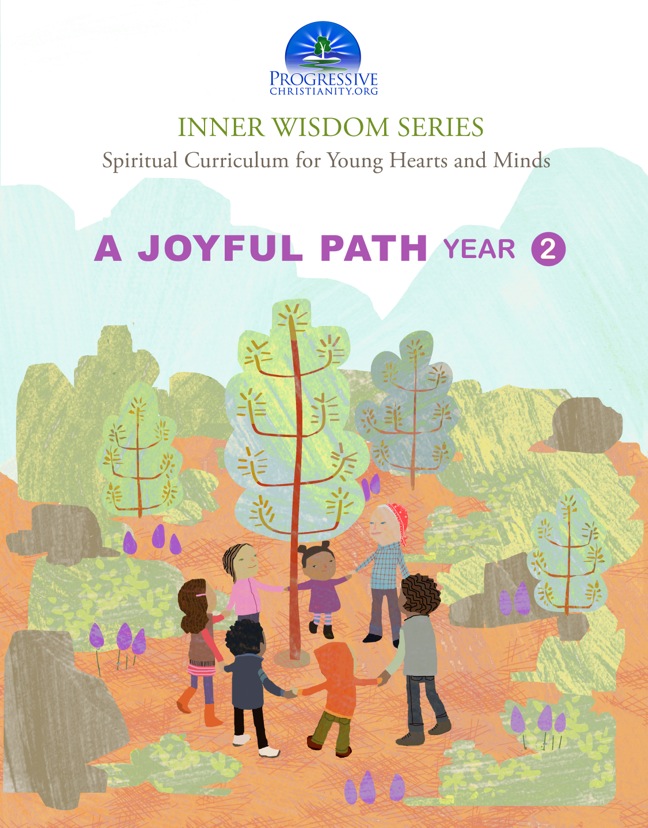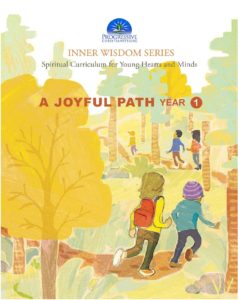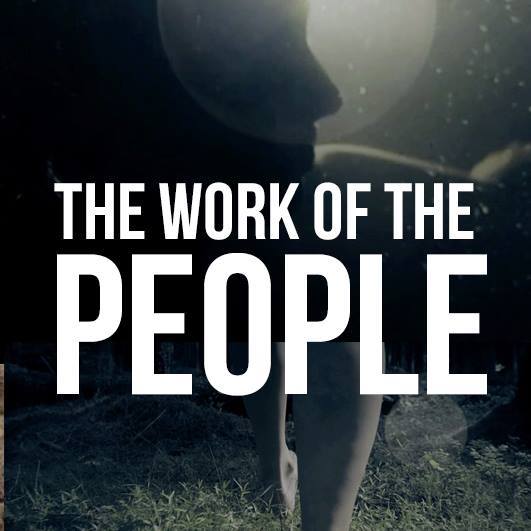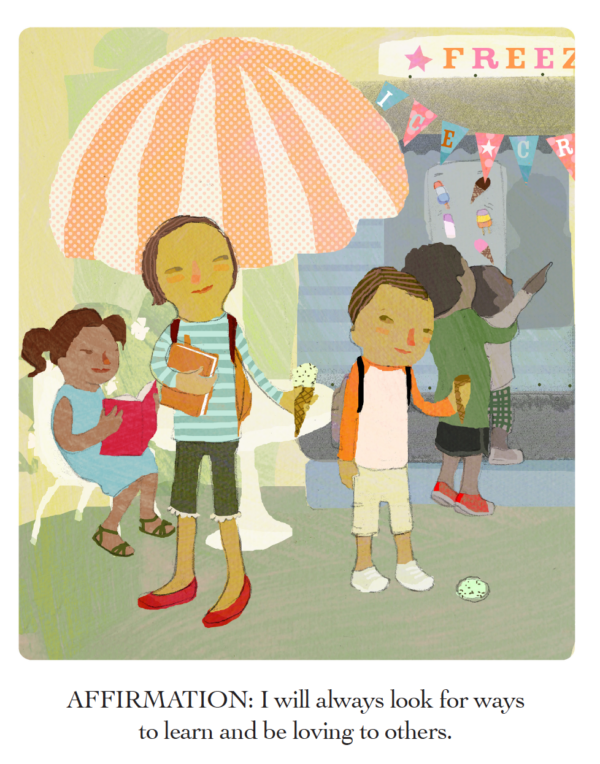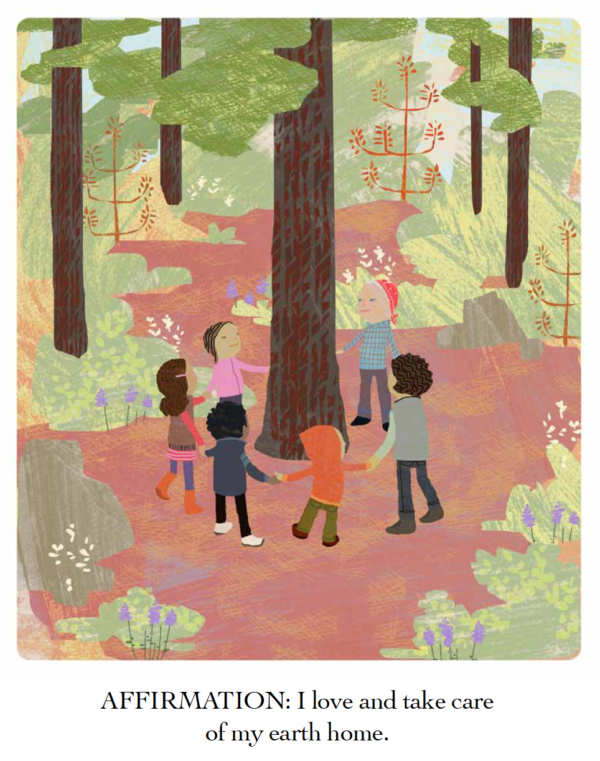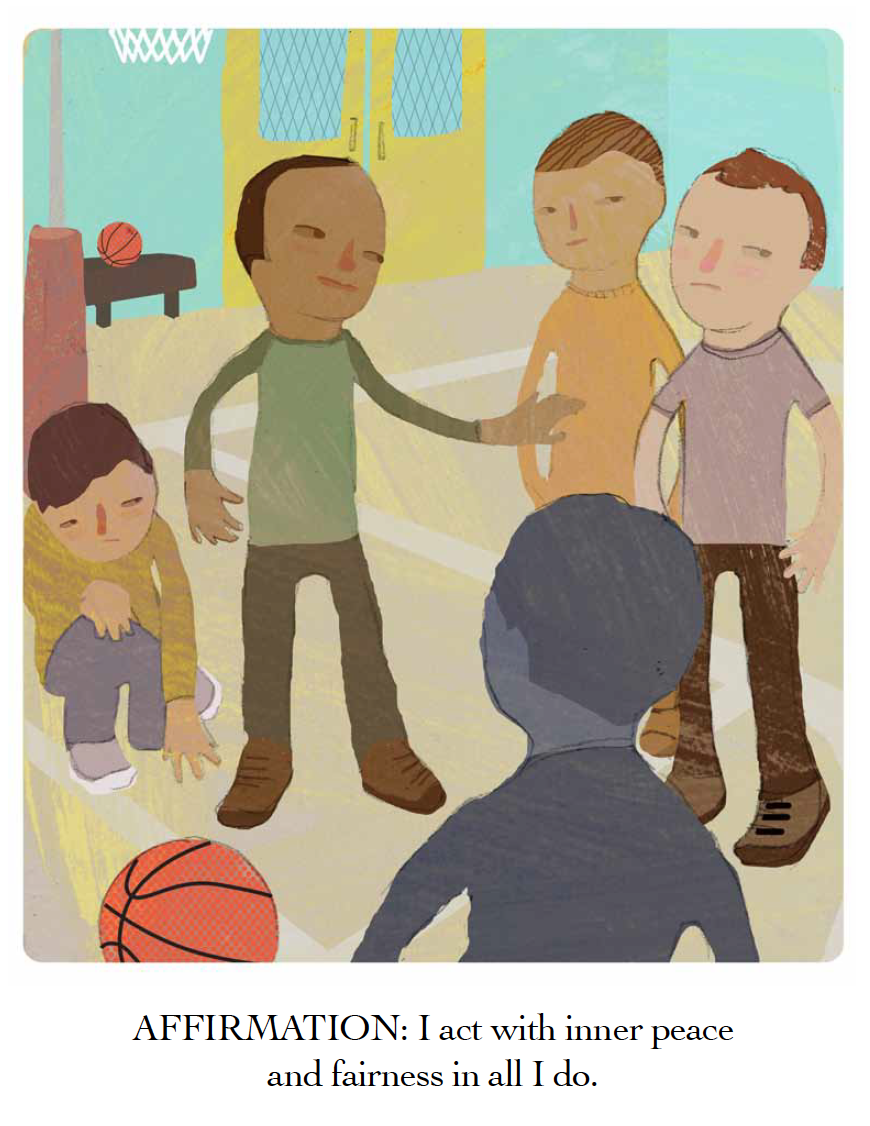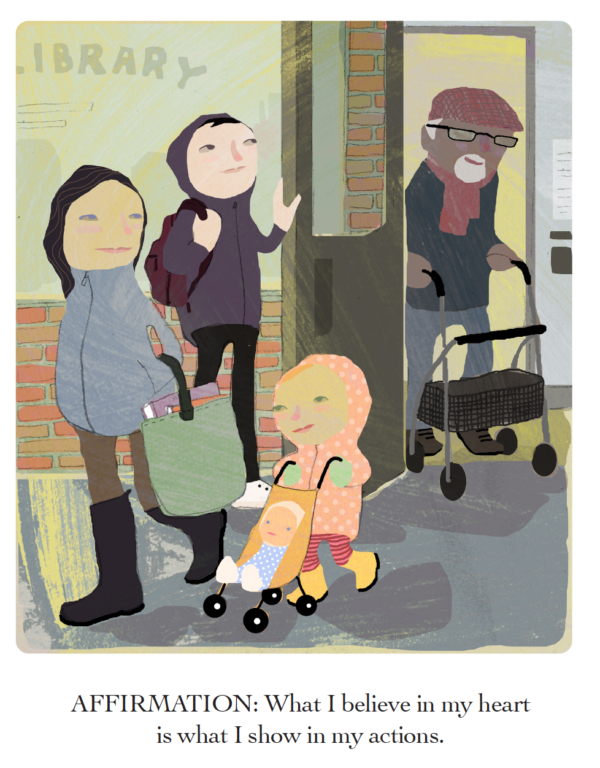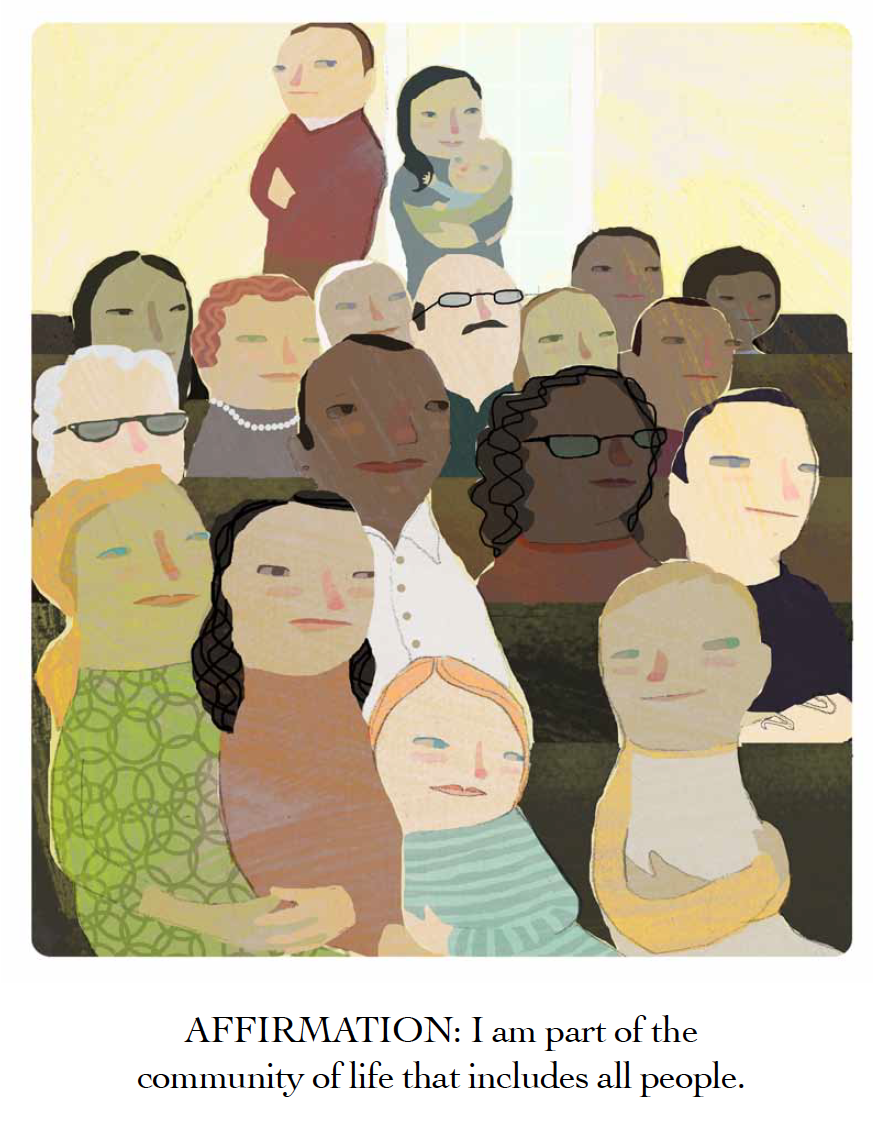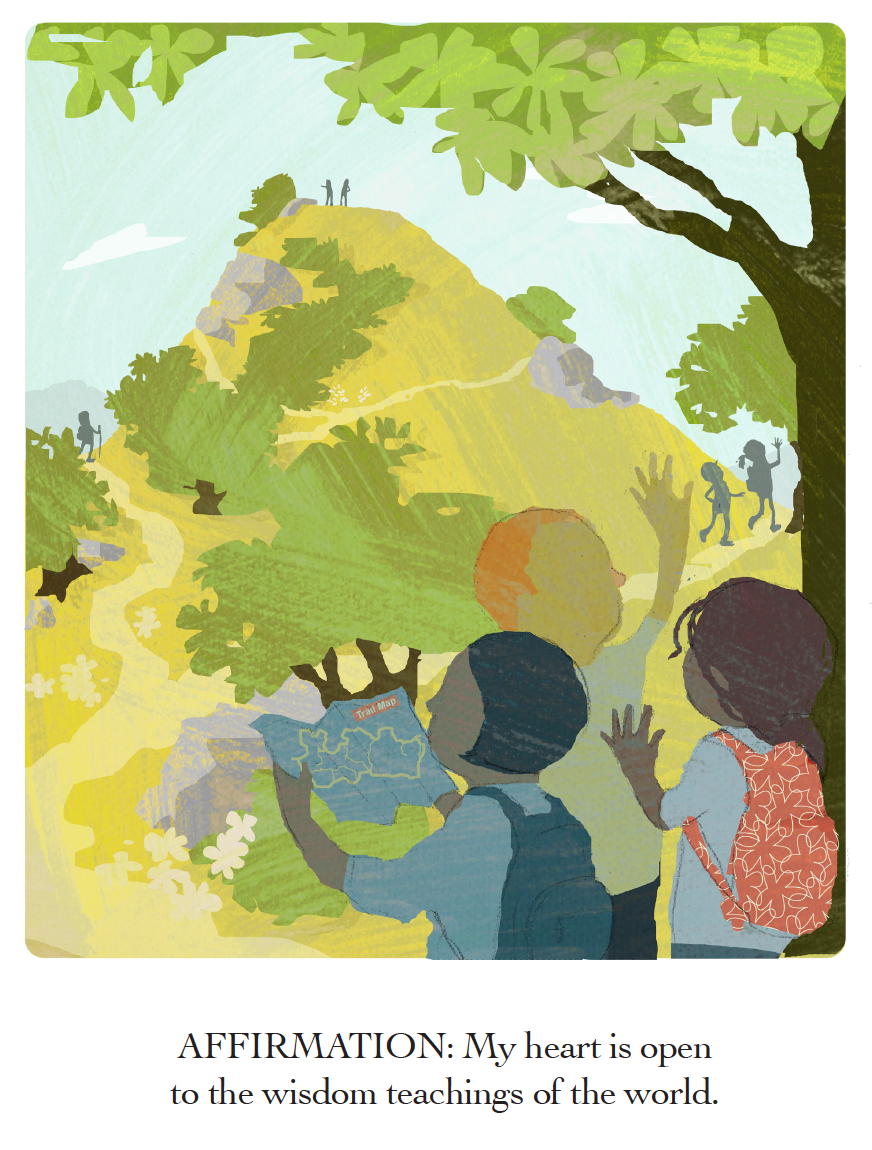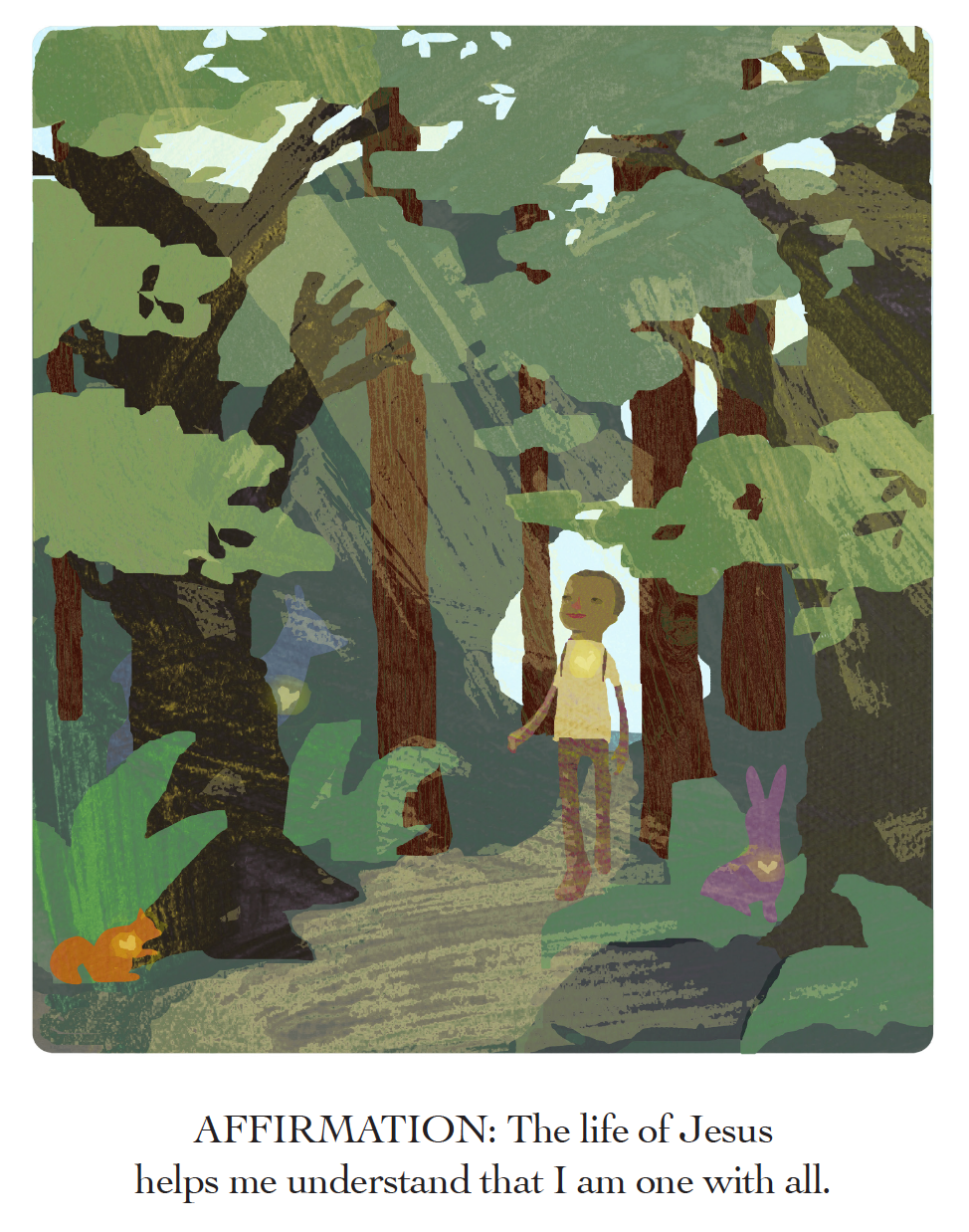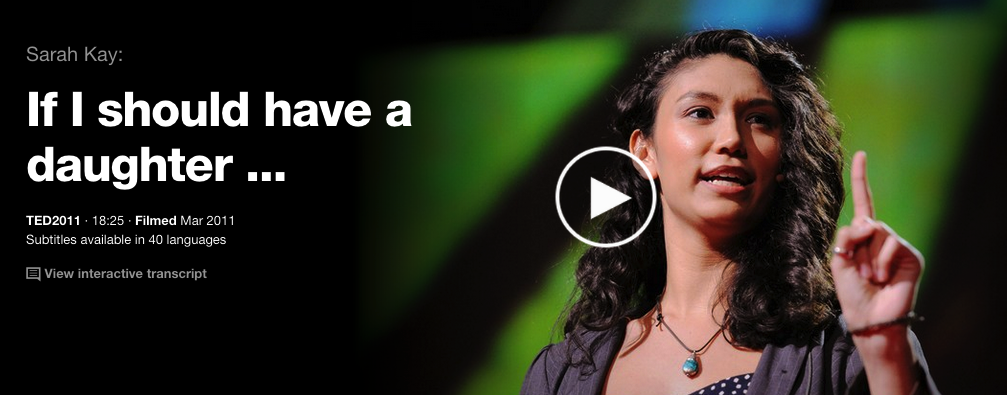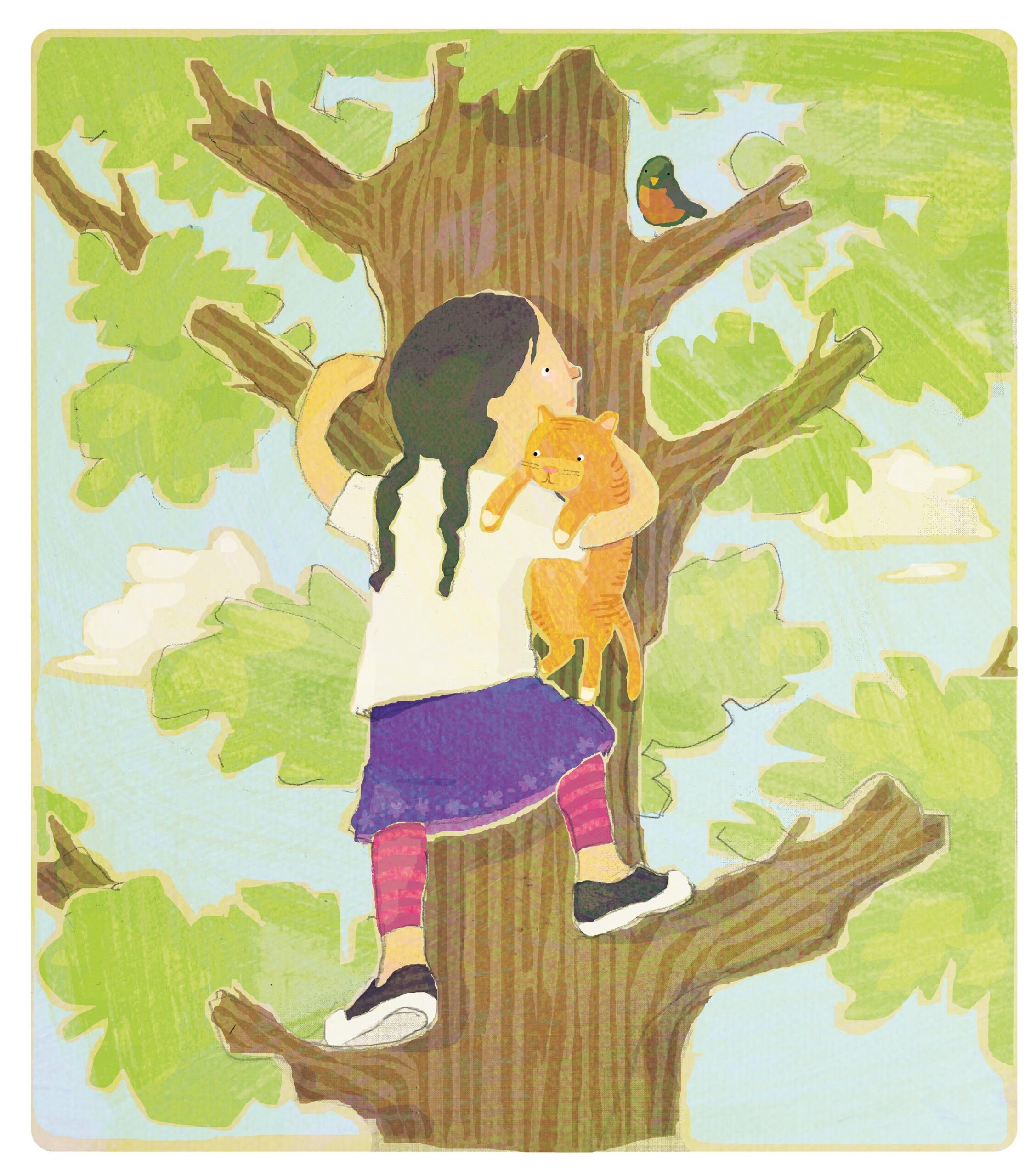Are you searching for a way to connect children with an authentic spiritual experience that is inter-spiritual, creative and multi-layered? "A Joyful Path" is truly progressive Christian curriculum that is inclusive, joy-full, compassionate, and intelligent.
Are you searching for a way to connect children with an authentic spiritual experience that is inter-spiritual, creative and multi-layered? "A Joyful Path" is truly progressive Christian curriculum that is inclusive, joy-full, compassionate, and intelligent.
Work out your faith and renew hope through our film library of spiritual leaders and contemplative pieces.
*** This page has moved - please click here to Order Hard Copy and DVD. To see all Purchase Options Please Click Here.
Most young children are born with a sense of wonder and anticipate discovery around every corner. A shiny penny or a snowflake holds a world of delight. But perhaps because our culture tends to overstimulate and excite our children, boredom begins to seep in as children get older. It’s not uncommon to hear complaints of, “I’ve seen that” or “I know that already” from children who are already closing the doors to their sense of discovery.
The best way to enjoy the planet is to get out and do something — not sit and talk about it. This lesson offers an encouraging reminder for an attitude of enjoyment and appreciation when we experience the natural world in all its forms. To enjoy means to have an inner experience of joy — to be “in joy” as our bodies and minds are engaged in activity.
Progressive Christians believe that resisting oppression or cruelty in society has always been both an obligation and an opportunity for those who follow Jesus. It is an obligation because it is a way to test our commitment to the path. It is an opportunity because putting oneself at risk on behalf of another, as a result of one’s compassion, can be one of the most direct paths to an experience of the realm of God or that absolute sense of connectedness.
The Jesus of the scriptures was a man of action. He was someone who healed, demonstrated compassion, took a stand against injustices, loved unconditionally, and told his disciples to go and do likewise. As followers of Jesus, Progressive Christians are dedicated to treating their fellow human beings with kindness, caring, and compassion.
No matter what our family looks like outwardly, or whether our family is one of blood or one of choice, family is where we have some of the deepest connections of our hearts. Family is our first and lifelong teacher.
This group of lessons introduces children to the beliefs and rituals of five major world religions. The core value of this curriculum is that children have experiences that open their hearts and give them moments of joy and feelings of unity with nature and with others. These moments can occur through the arts and through the physical body. Therefore, most of the activities involve one or both. The intellect analyzes and distinguishes differences—valuable skills for scientific research and progress. The heart receives and feels unity. One of the goals of these lessons is that children understand that people of different religions have much in common.
In "A Joyful Path, Year Two" we focus on some of the main tenets of Progressive Christianity and Spirituality, giving our children the foundation they need to walk the path of Jesus in today's world. It has stories and affirmations written to help children clarify their own personal beliefs while staying open to the wisdom of other traditions.
About our Seminary Programs At The Chaplaincy Institute, we believe that the world is in need of the gifts and talents of every
"If I should have a daughter, instead of Mom, she's gonna call me Point B ... " began spoken word poet Sarah Kay, in a talk that inspired two standing ovations at TED2011. She tells the story of her metamorphosis -- from a wide-eyed teenager soaking in verse at New York's Bowery Poetry Club to a teacher connecting kids with the power of self-expression through Project V.O.I.C.E. -- and gives two breathtaking performances of "B" and "Hiroshima."
Courage does not mean fearlessness and is a quality that exists within all beings and can be accessed at any time. We need only to turn inward to face life’s challenges with the courage that is already ours. Feeling anxious or fearful of new outward circumstances is normal for most people, but finding the courage to face those circumstances means recognizing that our divine nature is perfectly equipped and we have the inner resources to handle challenges.
It seems to be human nature to weigh down our hearts with the past and project our minds into the future. Jesus admonished his listeners to forgive, to love, to be merciful, and to give up worry about the future or the past, long before “living in the moment” was an over-used phrase. Every true spiritual teacher tells us that the joy we are seeking lies within our hearts now. The past cannot be changed. The future is unknown. Letting go of regrets and worries frees our energy to be focused on the infinite potential of the present moment. To make the choice to live joyfully in this moment is true freedom — the freedom to be who we are.
There is abundant love within each of us, but even when we try to act as messengers of love in the world, we often mess up the message. Like the old game of telephone, where a message is passed along and completely mixed up by the time it reaches the end of the line, we mix up divine love with our own desires, confusions, and misunderstandings and end up hurting one another. Then we must forgive. Getting children to say the words, “I forgive you,” is not enough. True forgiveness is inward and will actually remove the hurts we have from our hearts, like pulling weeds in a beautiful garden. Forgiving is not simply a gift we give someone who has wronged us, either; it is a step in our own spiritual growth that will enable our hearts to blossom as intended.
When our identity is defined in outward ways, we are going to feel insecure because outward definitions always change. If we understand our identity as changeless spirit, then it is easier to let go of our attachment to our physical self. Jesus and other spiritual teachers have taught us that a spiritual path and our experiences on that path will lead us to a deeper understanding. It isn’t enough to just read the words or have the beliefs — we need to act in harmony with those beliefs in order to be more aware of who we really are. The world will tell us that our security depends on money in the bank or the right clothes or an important job, but we know all those things are temporary. True security that lasts forever comes from discovering the reality that we are spiritual beings. With that knowledge, we can face anything, even our fear of death. We can’t force children to feel secure, but we can encourage them to find that truth within themselves and live from that experience. We can also talk about death in a way that is not fearful. Our Western society does much to teach fear of death. We may not know what happens after we die, but if we are secure in the knowledge that our true self does not die, it only grows and evolves, then we need not fear death or any outward physical changes that happen to our human body.
Perseverance is important in any worthwhile endeavor. History is full of examples of great men and women who made tremendous contributions to the world simply because they didn’t quit when things became difficult. Great talent or intelligence doesn’t matter if it is not applied with fortitude and endurance toward a goal. Obtaining spiritual goals also requires perseverance. To grow in spirit and inner understanding means we keep up our efforts through the difficulties life presents. Persevering through the difficulties is what brings us deeper faith, deeper understanding, and deeper, more lasting joy. That is the fruit of patient endurance that Jesus referred to.
Being truthful puts us in harmony with our spiritual self and is an expression of our divine nature. There are many different kinds of truth, but being truthful is primarily about being conscious of our motivations and expressing that truth in the way we live and treat others, as well as how we speak. Why do we say what we say? Are we sharing the truth about who we are?
Everyone has the option to say no — no, I don’t want to learn. No, I don’t want to work that hard. No, I won’t love that person. We were created with free will; saying no is a natural part of our development. But eventually, we begin to realize that saying no doesn’t usually bring us joy. We yearn for true happiness, and to find true happiness we must first stop saying no and say yes to growth opportunities. One of the greatest challenges in leading a spiritual life is simply being willing to try. Willingness requires that we step out of our comfort zone of limitations into new possibilities and allow new understanding to come through our experiences. Spiritual growth is about change. If we are not willing to have new experiences, or we are afraid of change, spiritual growth is impossible. Being willing is one of the greatest spiritual challenges, but it is also the secret to the greatest spiritual blessings. The disciples who followed Jesus left old ideas and habits behind and they discovered their true identity and their highest potential, all because they were willing. Meeting life with willingness requires enthusiasm, courage, good humor, humility, and a sense of adventure. It also means that we recognize the presence of God in every circumstance. Every life challenge shrinks when we are willing to take it on. If we encourage willingness in children, they will discover infinite possibilities in life and the infinite presence of spirit through every opportunity.
When we exclude others, we refuse to relate to realities different than our own, and we keep our experience defined in a way that is comfortable and familiar. If we want children to be inclusive, we have to help them redefine their experiences in a broader way. For instance, if older children exclude a younger child from a ball game because she can’t catch the ball, we can guide them to give her a special job that makes her feel part of the game. Finding a way to include her will expand their limited thinking. Scolding them for excluding her will most likely make them resentful, which leads to closing the heart. Accepting and coping with outward differences is an important step toward opening the heart to others. But to really include others in our reality, we must understand that despite apparent differences, there is only one self, one spirit, and one true reality, underlying all that is. The more children experience their own spiritual nature, the more they will recognize the one spirit in all.
In the last lesson about living courageously, the emphasis was on discovering the courage that exists within our divine nature. The Easter story of Jesus shows how courage in the face of ignorance and fear is ultimately an expression of true selfless love. His appearance in Jerusalem despite the threats against him was not a grand gesture to show how brave he was but a selfless act of friendship and love. His life was an expression of love for all people, and he lived each day as a messenger of that light. Considering his personal safety would have been an ego affirmation, which he strongly rejected when Peter expressed fear for his teacher’s life.

